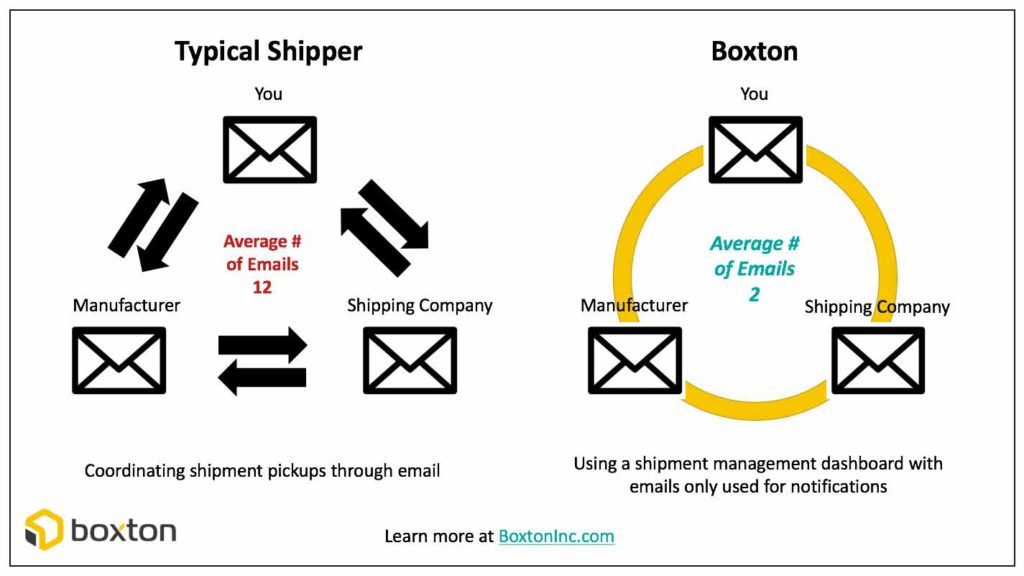Three years ago, when I first started diving into how to develop a program to effectively manage “ad-hoc” shipments, I quickly found that, like many things, effective management of this area succeeds or fails based on how you manage the small things. Proper processes regarding bidding out projects, auditing customs paperwork, shipment tracking, invoice auditing or the emergency-of-the-day are always important. But when managing ad hoc freight, they make or break your project.
Fortunately, we were able to come up with solutions for many of these problems. But there are always a few operational issues that come up that are harder than the rest to solve for. There’s a lot in this area that we can concentrate on but my focus today is on a specific problem that I believe many people face: scheduling pickups for ad-hoc shipments.
You would assume there would already be simple solutions to effectively arrange for the pickup of your shipments. I looked to small startups and to large companies and to internal technology solutions for ways to simplify this process but came up short. Being able to schedule a pickup would appear to be a small issue (why can’t we just send email(s)?), but it is actually a significant source of administrative time. It’s a molehill that is more of a mountain than most people realize.
So I had to dive deeper.
Understanding Shipment Scheduling
So let’s better understand what’s involved with scheduling shipment pickups.
In a normal supply chain, pickups are either scheduled daily in a certain time frame or there is an electronic trigger in a company’s enterprise platform that schedules shipments with a freight forwarder. But when bulk shipments can be coming from anywhere at any time from any manufacturer, the systematic approaches to scheduling a pickup aren’t viable. So what ends up happening? The person requiring these shipments (like an IT manager or Sales Operations Manager) has to connect the origin shipping point with their selected freight forwarder (for more on selecting a freight forwarder and the importance for competitive bidding, click here). This is usually done through multiple emails to attain the correct contact information from each entity and introduce them. From there, several emails between the origin point and freight forwarder are exchanged to determine the optimal date/time for pickup. All of these discussions are informal (thus very prone to mistakes and miscommunications) and usually occur across multiple time zones and days. Multiply this by the number of shipments in a project coming from multiple shipping points and you could be talking about dozens of emails.
This is a great way to cause confusion, delays, and mistakes.
So what can be done about it?
First off, you need a proper process to connect all the responsible parties. This means that for a given project, every time a shipment is required, the origin point needs to create a new shipment “order” and indicate when the shipment is ready. From there, the selected freight forwarder must confirm the pickup date directly, and finally the pickup proceeds. All of this needs to be managed by an overarching person and/or technology that has view to the entire end to end process. You need to have a controller that will properly keep each party in their respective lane, while at the same time raising a flag when a step is missed. Bonus points for doing this is an online platform that will help you manage things effectively.
If this all seems like it can be difficult, you’re right: is it! But fear not, this is one of the many reasons I created Boxton: to simplify the complexities of shipping. Through our platform we already know all of the responsible parties, so with our dashboard and user rights management, we are able to seamlessly connect the appropriate parties through the simplest process possible. It removes the possibility for miscommunication, bridges issues with time zones and different languages, and takes all of the burden off of the IT or Sales manager to coordinate shipping. As with everything else we do, we are leveraging technology to keep everyone in their lanes: the experts only do work on their area of expertise. The final result simplifies the process for everyone involved in each shipment.







